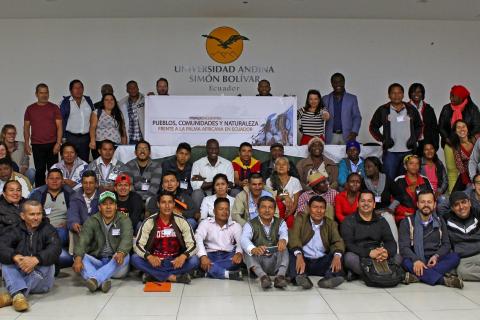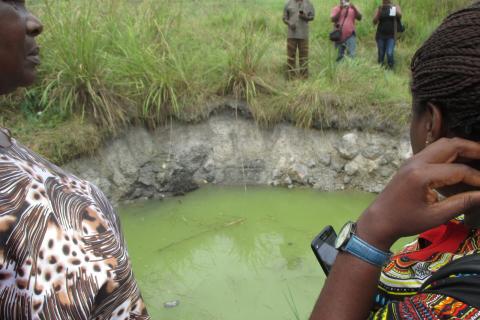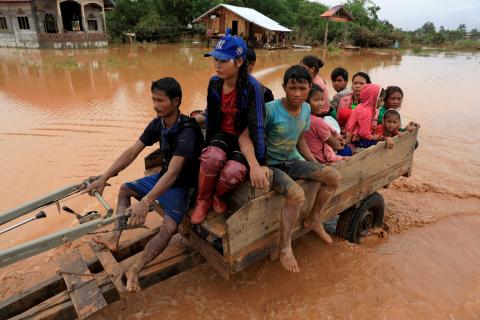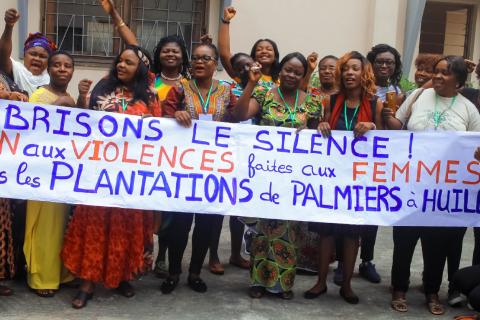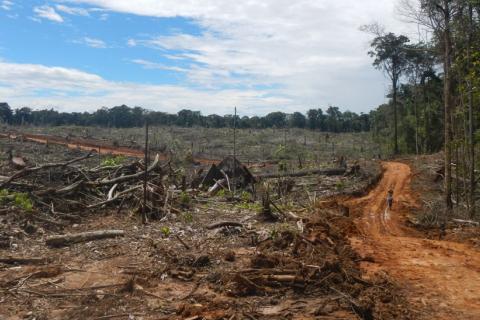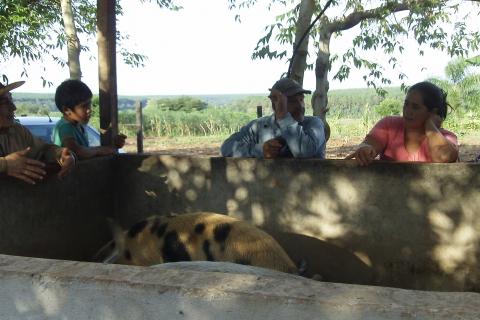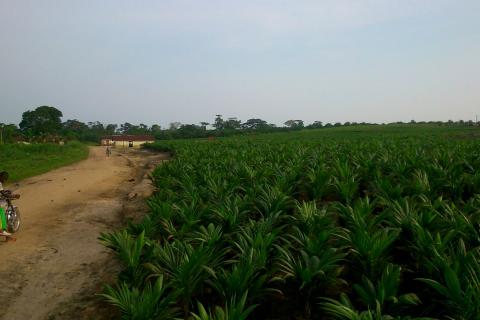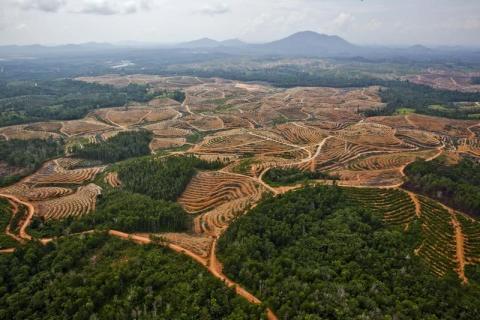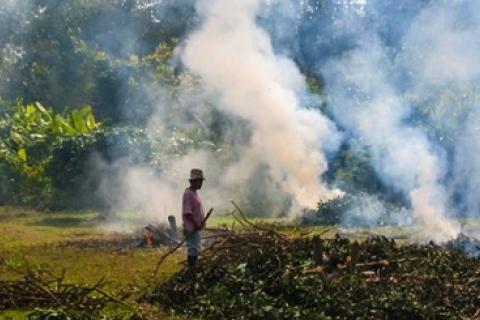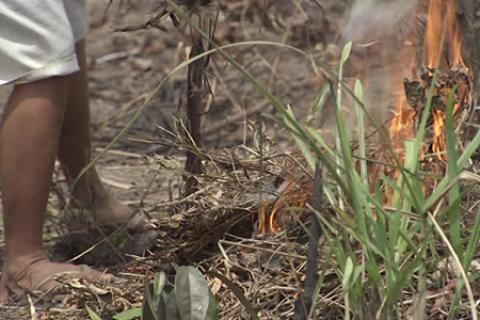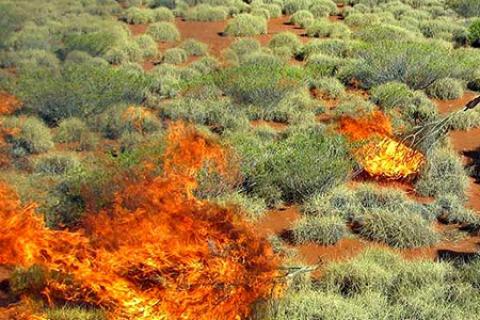In Ecuador, the expansion of industrial oil palm plantations is the main cause of deforestation. A meeting to exchange knowledge, the first of its kind in Ecuador, brought together leaders from oil palm-affected provinces from the three regions of the country.
Bulletin articles
The expansion of industrial oil palm plantations by OLAM hit the village of Sanga in the South of Gabon particularly hard: The community's main water source became so polluted that the water is now unsafe for drinking and not suitable for other daily uses.
The government of Lao PDR has decided to establish the country as “the battery of Asia” by developing major hydropower dams along the Mekong River. The recent collapse of the Xe Pian -Xe Namnoy dam, however, accentuated once again the many risks of such projects.
On this September 21st, a message of solidarity and homage to the communities, community-based organisations and activists who are fighting in many different ways and places to stop monoculture tree plantations.
A song by By Ajele Sunday, Nigerian artist. His community suffer land grabbing from oil palm companies. Listen to the song.
Communities affected by oil palm plantations organized a Forum in the city of Yurimaguas to denounce and expose the social and environmental impacts of these plantations.
Over the last ten years, through organization and struggle, families in northeast Argentina have managed to recover land monopolized by multinational corporation Arauco. Now, they are growing food there.
Interview with Solange Bolembe, from RIAO-RDC, about the many challenges that women face who live in communities affected by vast oil palm plantations managed by Feronia-PHC, a company financed by several European development banks.
The chain of impacts caused by the expansion of tree plantations that provide the raw material for the production of paper. The article looks specially at companies linked to the Asia Pulp & Paper Group (APP), APP-Sinar Mas Group, and APRIL.
Api, kawan atau lawan, siapa yang memutuskan?
Sebuah refleksi tentang api dan hutans
Forest peoples’ knowledge and practices of the use and management of controlled fire in forests have been identified within climate change policies as the cause of forest fires. Nevertheless, fire is critical for ensuring the food and cultural sovereignty of forest peoples.
Today, a capitalist conception of fire dominates. But vernacular conceptions continue to evolve and struggle against it.
